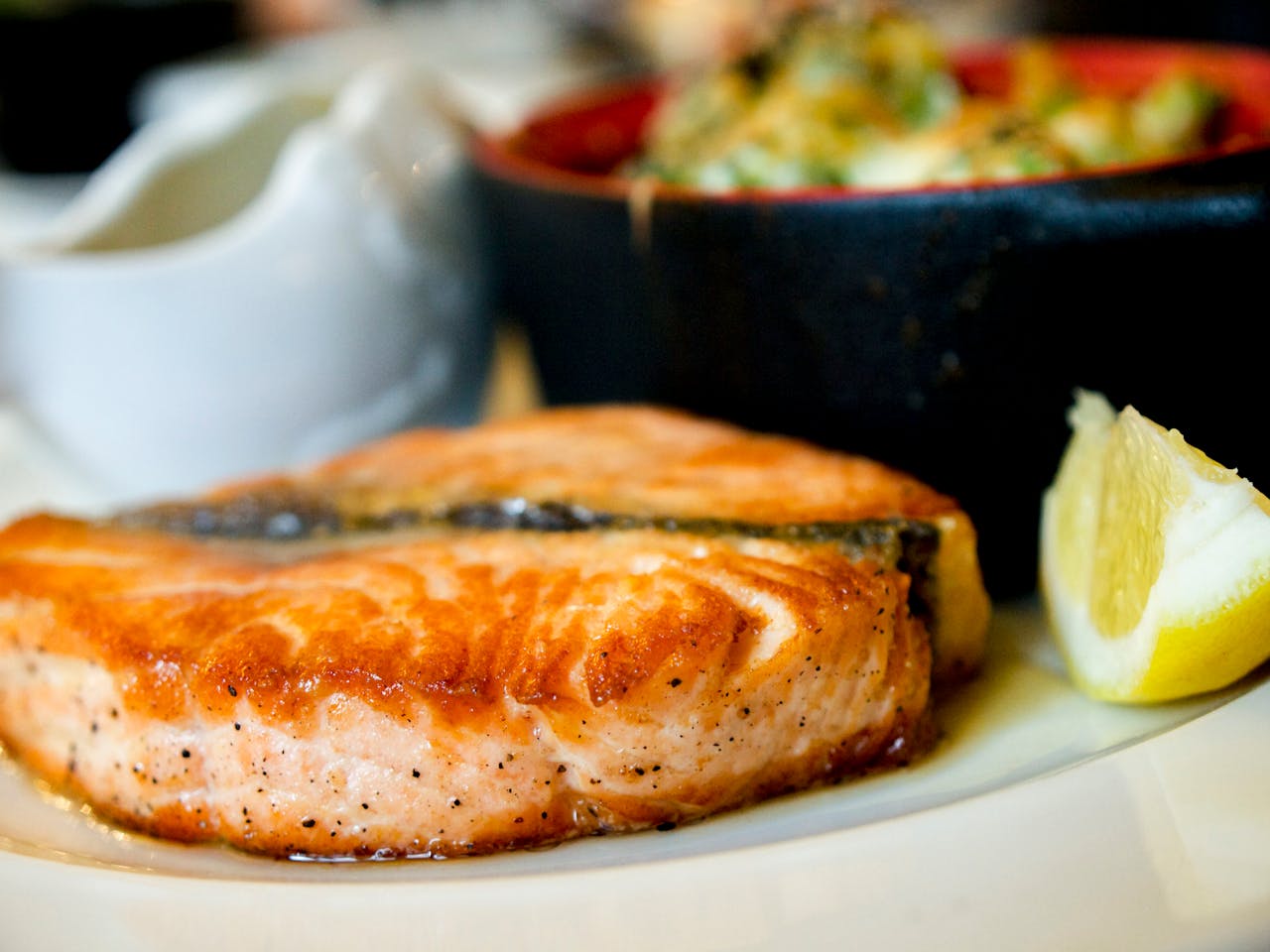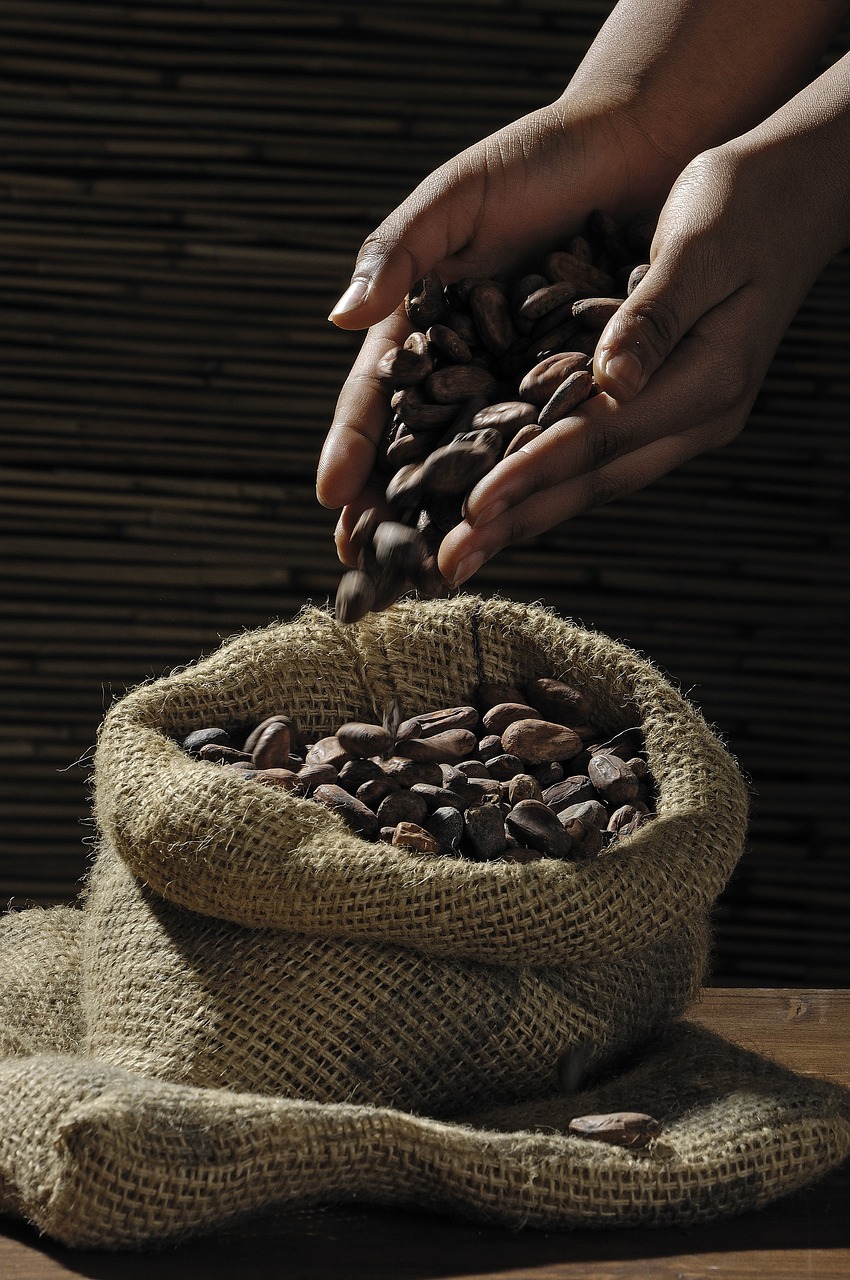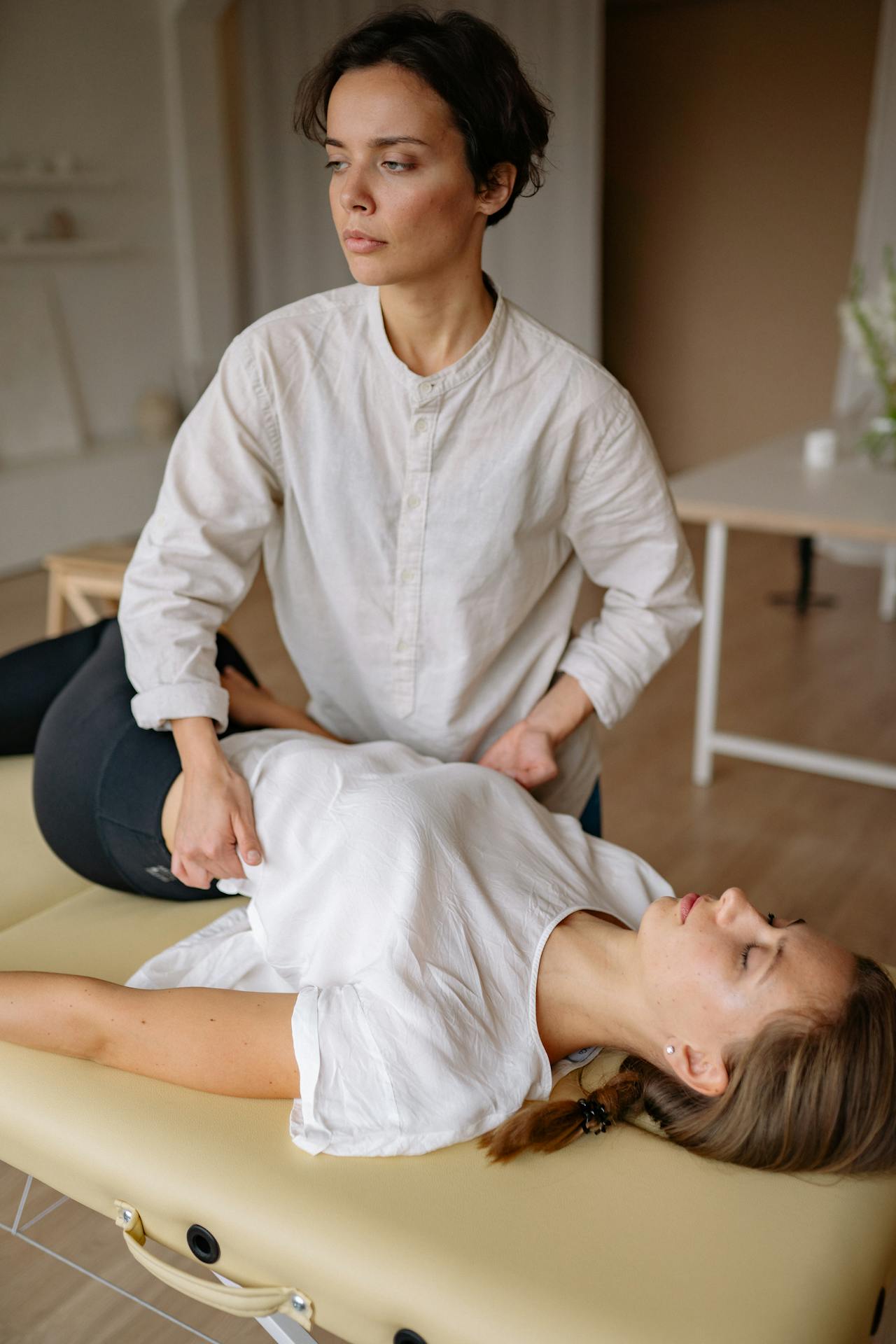One cold Saturday morning, I stood in front of the mirror and faced a reality I had been avoiding. The scale confirmed what I already knew—I had let myself go, tipping the scale at 283 pounds. I felt disgusted but determined. I had lost weight before in my twenties, but this time, the motivation was missing. That changed when my 11-year-old stepson asked me to take him to a karate class. Watching his excitement, I decided to join him at the next session, not knowing that this decision would transform my life.
A Journey Begins
My first karate class was humbling. At 280 pounds, I felt clumsy and out of place, but my sensei was patient, correcting my stances and techniques. Despite my initial awkwardness, I found joy in the practice. Learning my first kata, *taikyoku shodan*, gave me a sense of accomplishment I hadn’t felt in years. This newfound passion reignited my desire to work out. The more I practiced martial arts, the more I noticed changes—not just in my weight, but in my mindset.
The Physical Benefits of Martial Arts
Martial arts training offers a full-body workout that combines strength, flexibility, and cardiovascular endurance. As I progressed, my gi started fitting looser, and the pounds began to drop. By my first belt test in March, I had shed over 30 pounds. Unlike traditional gym routines, martial arts kept me engaged, pushing me to improve my technique and physical conditioning simultaneously. The dynamic movements—punches, kicks, blocks, and stances—work multiple muscle groups, improve balance, and build core strength. These benefits are backed by science; studies show that martial arts practitioners have better aerobic capacity, muscle endurance, and body composition compared to sedentary individuals.
Mental Transformation
Martial arts training is as much about mental discipline as it is about physical fitness. Mental Health! Regular practice teaches focus, patience, and resilience. I noticed myself becoming calmer and more confident, qualities that extended beyond the dojo. Martial arts philosophy emphasizes mindfulness and respect, fostering a sense of inner peace that counterbalances the stresses of daily life. This mental clarity became a cornerstone of my journey, helping me stay motivated even during challenging times.
Real-World Applications
One of the most surprising aspects of martial arts is its practical application. About a month ago, I found myself in a situation where I had to defend myself and my wife. The techniques I had learned in karate proved effective, allowing me to neutralize the threat without escalating the situation. This experience reinforced the value of martial arts training—not just for fitness, but for personal safety and confidence. Knowing you can protect yourself and your loved ones brings a unique sense of empowerment.
A Lifelong Commitment
Since I started training, martial arts have become a permanent part of my life. By 2005, I had reached 3rd kyu, steadily working toward my black belt. The journey has been about more than just losing weight or earning ranks; it’s been about reclaiming my health and discovering a deeper sense of purpose. Today, I hover around 240 pounds, a testament to the sustainability of martial arts as a fitness regimen. Even during breaks from weight training, my practice keeps me grounded and physically active.
Martial Arts for Everyone
One of the greatest strengths of martial arts is its accessibility. People of all ages and fitness levels can benefit from the practice. Whether you’re looking to lose weight, improve flexibility, or build mental resilience, there’s a martial art that suits your needs. Styles like karate, judo, taekwondo, and Brazilian jiu-jitsu each offer unique approaches, ensuring there’s something for everyone. Many schools offer trial classes, making it easy to explore different disciplines before committing.
Beyond Fitness
Martial arts training goes beyond overall health. It’s a holistic practice that nurtures the mind, body, and spirit. The structured progression of skills and ranks provides a clear path for personal growth, while the community aspect fosters a sense of belonging. Unlike solitary gym routines, martial arts encourage camaraderie and mutual respect among practitioners. This supportive environment makes it easier to stay motivated and accountable.
A Transformative Experience
My journey in martial arts has been nothing short of transformative. What started as a reluctant attempt to lose weight has evolved into a lifelong passion that continues to shape my physical and mental well-being. Martial arts have taught me discipline, resilience, and the value of continuous improvement. For anyone considering a new approach to fitness, I wholeheartedly recommend giving martial arts a try. It might just change your life as it did mine.













